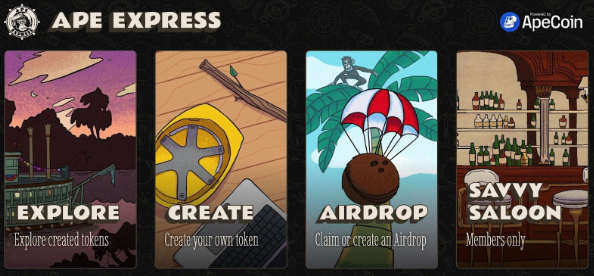How to Recover Your Bitcoin Core Wallet If You Forgot the Password
Recently, a friend messaged me: “I still have my Bitcoin wallet file, but I just can’t remember the password. Is there any hope?”
If you’ve run into a similar issue—or if you or someone you know has an old wallet.dat file tucked away for years—this article is worth reading to the end. It might just point you to a solution.

What Is Bitcoin Core, and Why Do People Forget Their Passwords?
Bitcoin Core is the official Bitcoin wallet client and one of the earliest full node software implementations. Back in the early days, it was virtually the only option for managing Bitcoin securely.
A critical component of Bitcoin Core is the wallet.dat file. This file stores your private keys, wallet addresses, and transaction history—essentially everything needed to access your funds. If it’s lost or becomes inaccessible, your assets could be gone for good.
Here’s where the problem often starts:
-
Many early users didn’t see Bitcoin as valuable, so they created weak or throwaway passwords and never recorded them.
-
Some users upgraded their computers but only saved the
wallet.datfile, completely forgetting the password over time. -
Others didn’t even realize they had used Bitcoin Core—until they stumbled upon an old hard drive containing a long-forgotten digital treasure.
With Bitcoin’s value having skyrocketed over the years, some are now realizing they may be sitting on a fortune—if only they can recover the password.
Why Are Bitcoin Wallet Passwords So Hard to Crack?
Bitcoin Core uses AES-256 encryption to protect your private keys, combined with dynamic salts and thousands of iterations of the PBKDF2 key-stretching algorithm. In simple terms:
The encryption is extremely secure—brute-forcing it is practically infeasible.
For example, a 10-character complex password (including upper and lower case letters, numbers, and symbols) has over 5.39 × 10¹⁹ possible combinations. Even with a powerful GPU mining rig capable of trying tens of thousands of guesses per second, cracking it could take centuries.
So, no—it’s not that you’re not trying hard enough. It’s just that Bitcoin Core is incredibly secure by design.
Is It Possible to Recover the Password?
Yes—but it depends on a few critical factors:
-
Do you still have the
wallet.datfile?
Without this file, recovery is impossible. It’s the only way to access the encrypted private keys. -
Do you remember anything about the password?
Even vague clues are incredibly valuable. Ask yourself:-
Do you recall the approximate length?
-
Did it include your birthday, favorite word, or commonly used phrases?
-
Were there prefixes or suffixes you used?
-
Do you remember an older password pattern you may have adapted?
-
Even something like “It started with 8 digits and ended with a capital letter” is helpful. The more context, the higher the chance of recovery. Without any clues, attempting recovery is like finding a needle in a haystack.
Recovery is for the Original Wallet Owner Only
Let me be very clear:
I only assist the original owner of the wallet.
If you’re not the person who created the wallet—or you cannot provide credible information about the password—I won’t be able to help.
Why?
-
It’s technically unfeasible to brute-force all possible combinations.
-
There are legal and ethical boundaries I strictly follow.
-
I don’t “unlock found wallets,” and I won’t waste time on gray-area requests.
What’s Required to Attempt a Recovery?
Successfully recovering a Bitcoin wallet password depends on:
-
Password clues (most critical)
-
Computing power (GPUs—more = faster results)
-
Custom rule sets & professional recovery scripts
If the password was relatively simple and you provide strong clues, I might be able to help using my personal hardware. But if it’s a highly complex password, I work with trusted industry partners who can bring in massive computing resources for serious cases.
Keep in mind:
This process is resource-intensive and time-consuming.
It may take weeks or months of computation, and the service cost reflects that.
A Final Word of Caution: Don’t Fall for wallet.dat Scams
There’s a growing trend of people selling so-called “lost” or “encrypted” wallet.dat files, claiming they contain Bitcoin and just need cracking. Let me be clear:
-
Most of these files are fake, empty, or invalid.
-
Even if genuine, without access to password clues, no one will be able to help.
-
No reputable professional will waste time brute-forcing a wallet with zero context.
Not all wallet.dat files are valuable—and not all passwords can be brute-forced.
Final Thoughts
If you own the wallet, still have the wallet.dat file, and can recall some possible password hints, and you genuinely want to attempt recovery—not just take a shot in the dark—then feel free to reach out to me. I’m happy to have a real conversation and see what might be possible.




